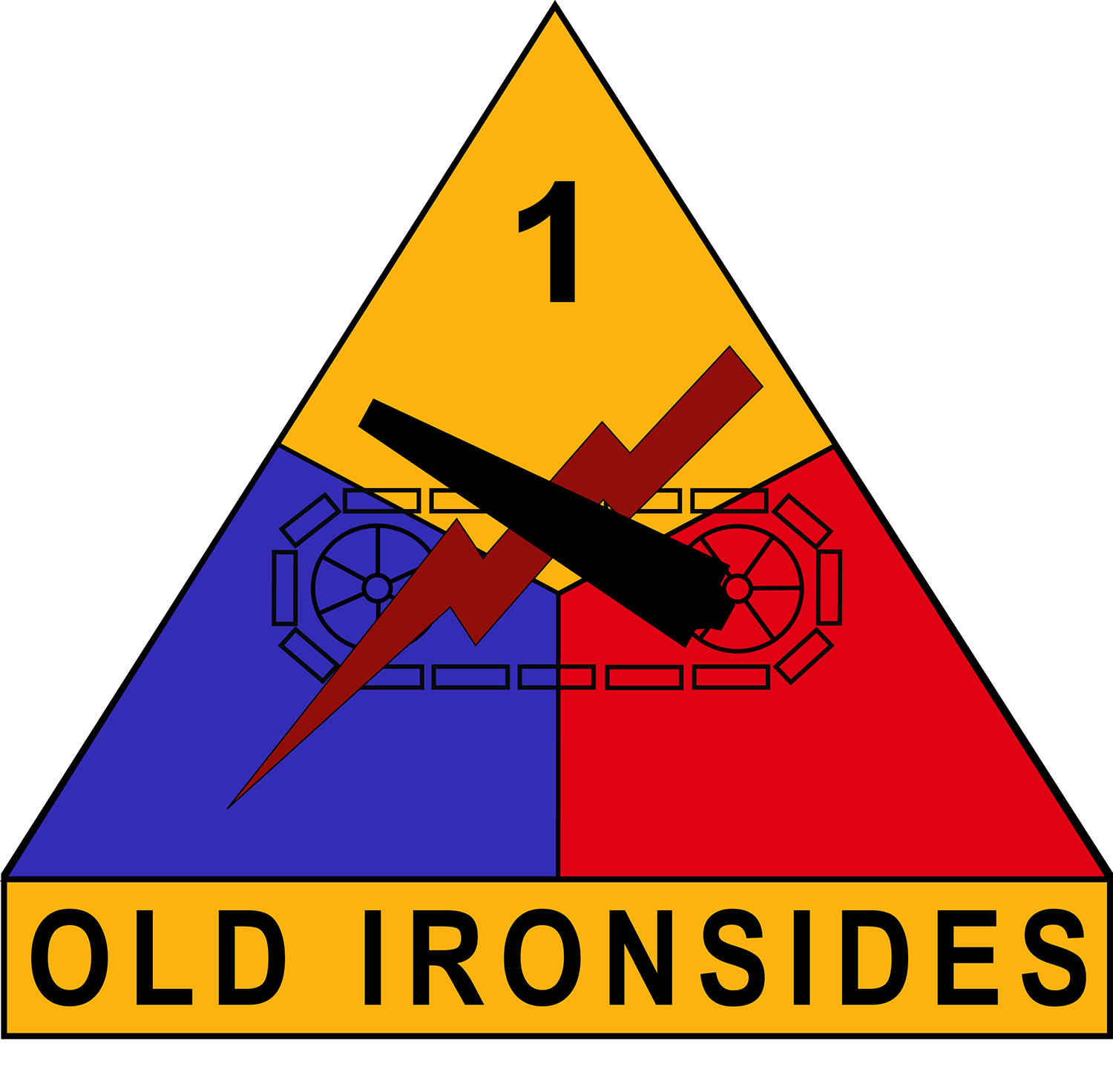
The Army’s Safe-to-Report Policy
By Capt. Veronica Buchanan, Fort Bliss Special Victim Counsel Program Office
According to Army Directive 2022-10 and Army Regulation 27-10, para 17-17 and AR 600-52, para. 3-9, the Safe-to-Report Policy governs how collateral misconduct (i.e., misconduct involving a soldier who is the victim of sexual assault) will be handled. Under this policy, victims will not be subject to discipline for minor collateral misconduct. This policy is applicable regardless of who receives the victim’s report or whether the investigation and/or prosecution is being handled by military or civilian authorities. For purposes of the Safe-to-Report Policy, a “victim” is any individual who discloses or reports a sexual assault allegation.
What is collateral misconduct?
Collateral misconduct is any victim misconduct that might be in time, place, or circumstances associated with the victim’s sexual assault incident. Examples include misconduct such as underage drinking, engaging in an unprofessional relationship at the time of the assault, violating lawful orders, or committing other state, federal, or military crimes.
How is collateral misconduct determined to be minor versus non-minor?
A commander in the grade of O-6 and above who possesses special court-martial convening authority must assess alleged collateral misconduct against both aggravating and mitigating circumstances. These commanders will retain the discretion to decide whether the alleged collateral misconduct is “minor,” or “non-minor” based upon their analysis of these circumstances. While going through the determination process, commanders may consider factors such as trauma to the victim and decide that, even if the misconduct is non-minor, disciplinary action may not be required or warranted. The goal is to have commanders respond appropriately to collateral misconduct while also encouraging the reporting of sexual harassment and the continued victim cooperation with balancing the right to speedy trial and statute of limitation concerns. Before reaching a determination, commanders must consult with their servicing Staff Judge Advocate.
What are aggravating circumstances?
Aggravating circumstances are circumstances that increase the gravity of the alleged collateral misconduct or that have an impact on good order and discipline. Aggravating circumstances include, but are not limited to, whether the alleged misconduct intentionally or unintentionally:
- Resulted or imminently threatened to result in failure of a specified military mission or objective;
- Threatened the health and safety of any person, not including acts of self-harm or acts of self-defense against the alleged perpetrator(s) of an assault; or
- Resulted in significant damage to government property, or to the personal property of others, except when such damages was the collateral result of an assault and/or resulted from an act of self-defense. AR 27-10, para. 17-17c(1); AD 22-10(6)(b)(1).
Importantly, the existence of aggravating circumstances does not automatically result in a determination that the collateral misconduct is non-minor.
What are mitigating circumstances?
Mitigating circumstances are those circumstances that decrease the gravity of the alleged collateral misconduct, its impact on good order and discipline, or decrease the concern that it may be service discrediting. Mitigating circumstances include, but are not limited to:
- The victim’s age and military experience level;
- Whether the subject is in a position of authority over the victim or of a higher grade than the victim;
- Whether the subject engaged in actions to stalk, harass, haze, coerce, and/or otherwise influence the victim to engage in sexual behavior;
- Whether the alleged collateral misconduct was known to the command prior to the report of sexual assault, and if not known, the likelihood that the alleged collateral misconduct would have otherwise been discovered, but for the victim disclosing or reporting the sexual assault;
- The victim engaging in misconduct after the sexual assault, which may be related to symptoms of trauma (for example, if the victim engaged in underage drinking as a coping mechanism to alleviate sexual assault trauma symptoms). AR 27-10, para. 17-17c (2), AD 22-10(6)(b)(2).
Each of these mitigating factors shall be considered by the commander when deciding whether the alleged collateral misconduct is minor.
What is commonly a minor collateral misconduct?
The Safe-to-Report Protections are triggered where there is minor collateral misconduct by the victim. This means that if the commander determines that the alleged collateral misconduct of the victim is minor, then the victim cannot be subject to discipline. Examples of collateral misconduct that should generally be considered minor include, but are not limited to:
- The victim was drinking underage at the time of the assault;
- The victim was engaged in an unprofessional relationship with the subject at the time of the sexual assault. An “unprofessional relationship” is a relationship that violated law, regulation, or policy in place at the time of the sexual assault;
- The victim was in violation of lawful orders establishing curfews, off-limit locations, school standards, barracks/dormitory/berthing policies, or similar matters at the time of the reported sexual assault. AR 27-10, para. 17-17e (1-3), AD 22-10(6)(d).
What happens if the commander decides that the alleged collateral misconduct is non-minor?
When the commander determines that the collateral misconduct is non-minor, the commander will retain discretion on whether and when to discipline. Commanders have the discretion to defer action on alleged collateral misconduct until final disposition of the sexual assault case. Again, commanders should consult with Judge Advocates to better understand the impact of taking disciplinary actions during ongoing prosecutions.
Who should I contact if I need more information?
If you are a victim of sexual assault, you should contact the Special Victims’ Counsel’s Office and consult with a certified SVC attorney. You can contact the SVC office by emailing the Fort Bliss SVC Intake OMB: fort-bliss-svc-intake@army.mil.
You may also request additional information from the local Trial Defense Services office or the Legal Assistance Office about potential consequences of any alleged collateral misconduct. To speak with an attorney in the Fort Bliss Legal Assistance Office on this or any other topic, please schedule an appointment by emailing usarmy.bliss.hqda-otjag.mesg.bliss-legal-assistance-office@army.mil, or calling (915) 568-7141 during LAO business hours.




